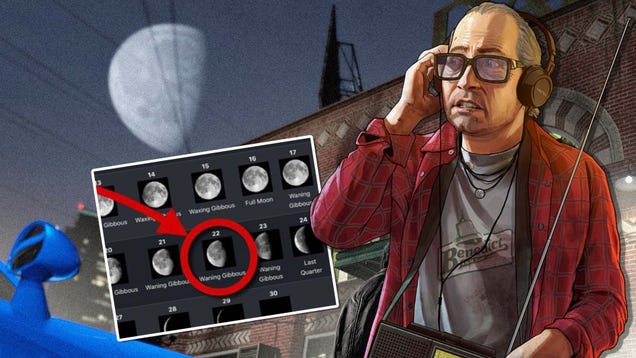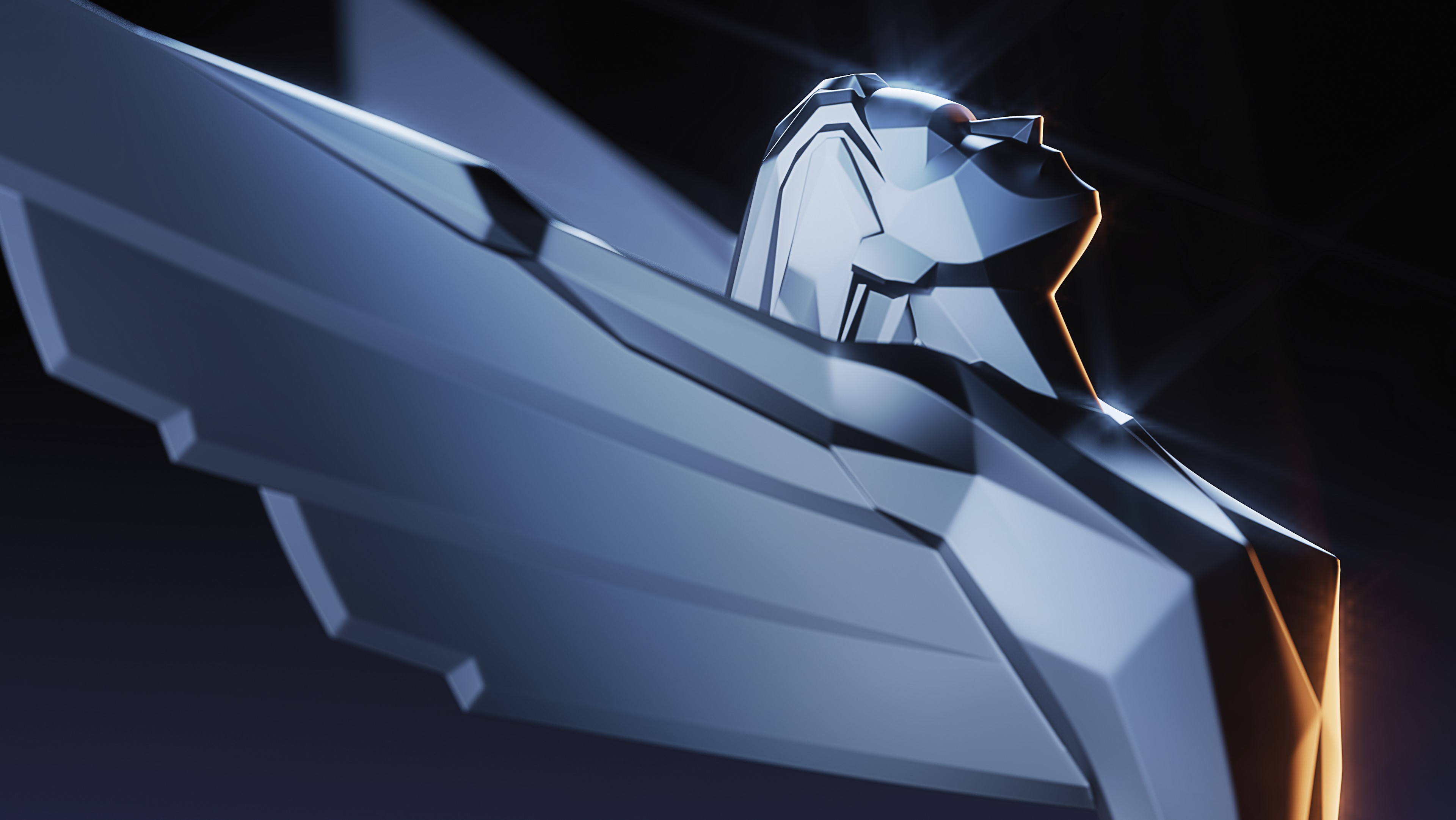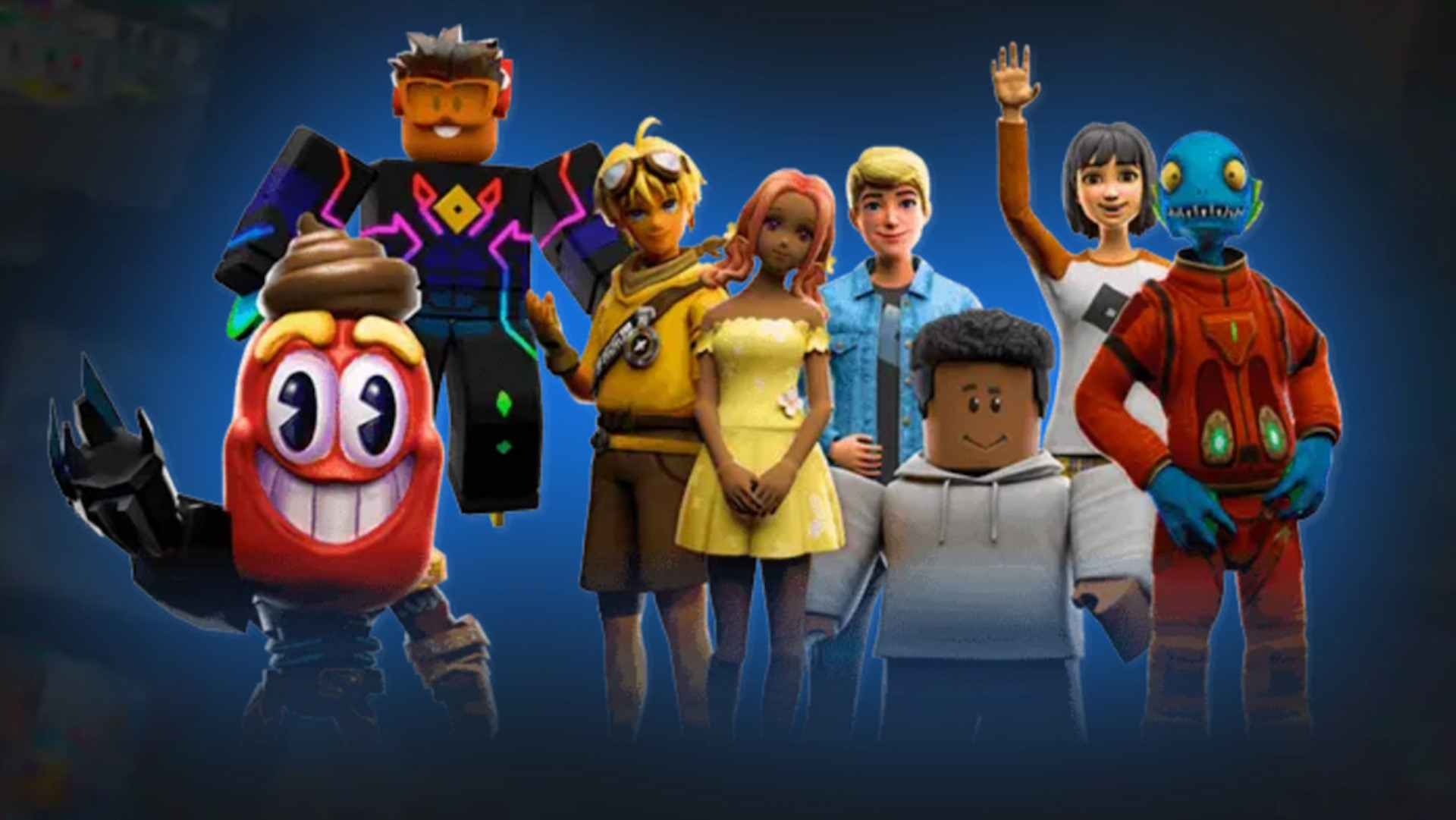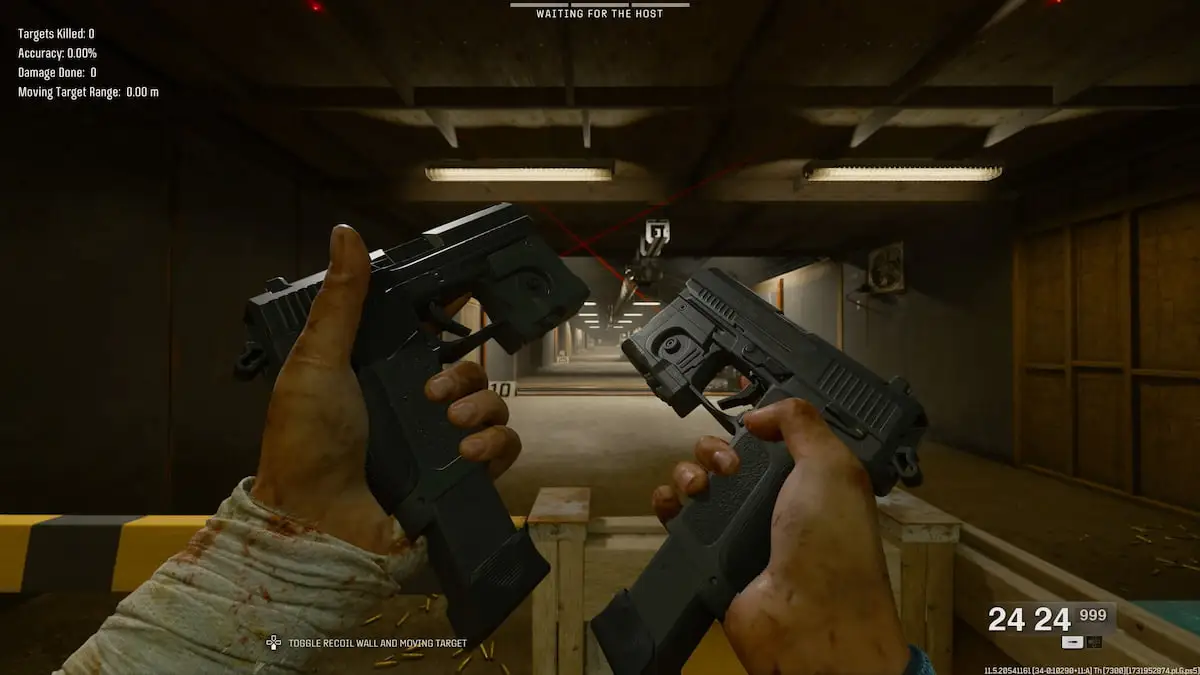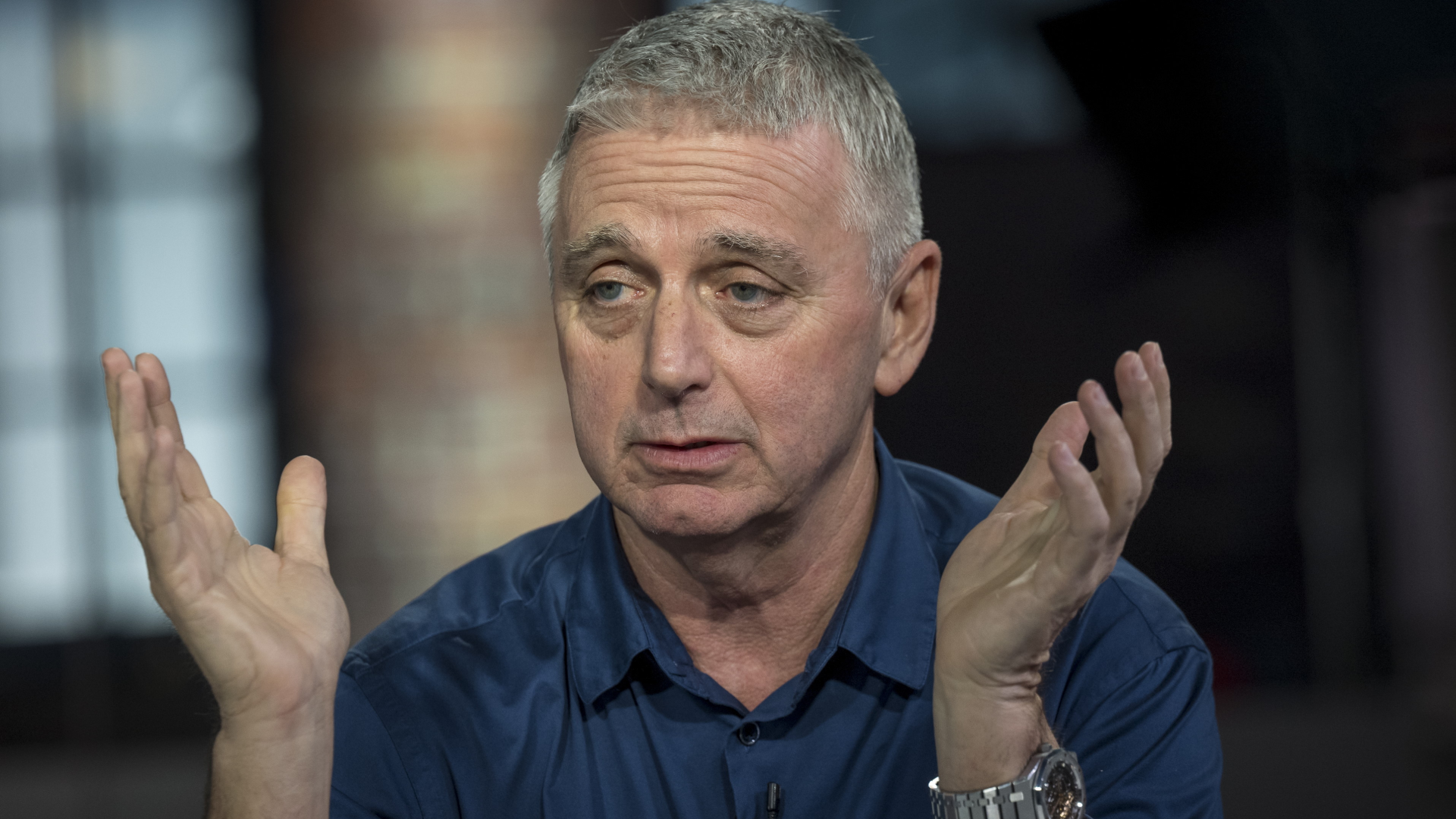
Layoffs, Reddit beefs, racism, indie games, and more: 2023 was definitely another year for videogames.
I’ve been playing and writing about videogames for an awfully long time now, and I’ve seen my share of controversies come and go. Hot Coffee, anyone? At some point long ago, I may have thought that such things would become increasingly rare as our medium matures.
But it seems that the opposite has happened. As gaming has become bigger and more influential, it’s intersected with a wider set of issues.
2023 was no exception, and so here we are to round up some of the biggest controversies of the year. There were so many, I was morally required to split the list into two articles to reduce the risk of scrolling-related injuries—if you missed it earlier this week, here’s the first half of our rundown of the year’s biggest kerfuffles.
And now, on with the show!
Unity makes everyone mad
(Image credit: Getty Images)
Our eyebrows: 🤬
What happened: Engine maker Unity rolled out surprise changes to its pricing model in September that Heat Signature creator Tom Francis described as “an astonishing scumbag move.” That accurately summed up the feeling of, well, pretty much everyone. The issue revolved around Unity’s plan to impose a flat per-install fee to games using its engine after specific thresholds were met: Developers worried that piracy, “install bombing,” and deals with charity bundles and Game Pass, all of which bring games to potentially large audiences without generating any actual revenue, could end up costing them significant amounts of money. Rubbing salt in the wound, Unity made the changes retroactive—existing deals were effectively scrapped—and applicable even to games that were released before the new pricing scheme was revealed.
The outcome: The blowback was so strong and widespread that Unity eventually walked back most of it, but that wasn’t enough to save the job of CEO John Riccitiello—yes, that guy—who was forced to step down over his mishandling of the change less than a month later.
Embracer Group implodes
(Image credit: Embracer)
Our eyebrows: 🤬🤬🤬🤬🤬
What happened: 2023 was an absolute brutal year for game industry layoffs, but even amidst that the story of Embracer Group stands out. After years of explosive growth that saw it become a behemoth in the business, the surprise collapse of a mysterious $2 billion investment deal saw a complete reversal of the company’s fortunes. Hundreds of employees across Embracer’s studios were laid off, adding up to roughly 5% of its total workforce as of November 16, and Volition, Free Radical Design, and Campfire Cabal were closed outright. Gearbox, which Embracer acquired in 2021 for $1.3 billion, was also rumored to be up for sale, although there’s been no confirmation of that at this point.
It’s as big a mess as I’ve seen on the business side of the videogame industry, yet somehow Embracer managed to make it uglier: In a November 2023 interview, interim chief strategy officer Phil Rogers said the layoffs were “agonizing” but described the process as “how we win,” an incredibly tone-deaf description of a process that’s left literally hundreds of people out of work.
The outcome: There was a bit of shuffling in the company’s C-suite in the immediate aftermath of the failed investment deal, but CEO Lars Wingefors and the company’s board of directors were formally “discharged from liability for the financial year 2022/2023″ during the company’s annual general meeting in September. For the near future, it sounds like Embracer could be facing more bloodletting: Wingefors said during a recent investors presentation that the company delivered “stable performance and improved cashflow” in its most recent quarter, but the financial benefits of its restructuring program are still “mainly ahead of us.”
Dave the Diver sparks an indie debate
(Image credit: Mintrocket)
Our eyebrows: 🤨
What happened: Dave the Diver’s tale about going fishing, running a sushi joint, and getting swept up in unexpected adventures was one of the best games of 2023—so good that it was nominated for Best Independent Game at the 2023 Game Awards. Just one problem: It was developed by a subsidiary of big-time game publisher Nexon. And thus began the debate: What is an indie game, anyway? Is it a style? A vibe? Is it determined solely by whether or not a developer has the backing of, or is perhaps even owned by, a big money company? Or is there a sort of ‘indie spectrum’ where individual games are judged on a variety of factors. Is Baldur’s Gate 3, developed by a private game studio that’s still owned and run by the guy who founded it 30 years ago, an indie game? What about Half-Life, or Cyberpunk 2077? It’d be silly to call those indie games, yet by most measures they’re closer to the mark than Dave the Diver. And who gets to make the final call on all of this, anyway?
The outcome: This controversy didn’t run as hot as that of, say, The Day Before fiasco, probably in large part because it was primarily an academic debate that most people weren’t terribly interested in. And in the end, it didn’t matter: Dave the Diver is a great game but the Best Independent Game of the Year award went to Sabotage Studio’s Sea of Stars.
Bungie cuts staff, angers Destiny 2 fans, and alienates employees
(Image credit: Bungie)
Our eyebrows: 😬
What happened: There were a lot of layoffs in 2023, but none landed more heavily among gamers than the October cuts at Bungie. Destiny 2 fans, already unhappy with the game’s seasonal model, excessive monetization, and unimpressive Lightfall expansion, were outraged at the loss of well-known veteran employees, and a ham-fisted statement from CEO Pete Parsons—”Today is a sad day at Bungie as we say goodbye to colleagues who have all made a significant impact on our studio,” as if they’d taken better jobs at other companies or something—just pissed them off even more. Bungie followed that up with another statement to the Destiny community acknowledging that “we have lost a lot of your trust” and committing to doing better, but less than a month later it released a crappy $15 “starter pack” for Destiny 2 that sparked such a brutal backlash from players and content creators it was removed from sale just a day later.
Amidst all that came a long delay to The Final Shape expansion, and reports that staff morale at Bungie is in the toilet thanks to management indifference and worries that if The Final Shape fails to meet sales expectations—a growing concern, given reports of Destiny 2’s sliding player numbers—Sony might step in and take full control of Bungie’s board of directors, bringing an end to the studio’s internal independence.
The outcome: What this all adds up to likely won’t be known until The Final Shape goes live in June 2024, but even now it’s very strange to see Bungie struggling like this. Destiny fans are nothing if not loyal, and while grumbling—sometimes loud grumbling—is hardly a rare thing, they’ve stood by the studio through thick and thin for nearly a decade now. But the discontent now feels different: It really feels like The Final Shape is going to be a make-or-break moment for Bungie and Destiny both, and if it fails, Bungie as we’ve known it will be done.
The Game Awards keeps it too short
(Image credit: The Game Awards)
Our eyebrows: 😕
What happened: At its core, The Game Awards is a three-hour hype reel, but it does punctuate all the teasers, trailers, and announcements with actual awards. In a presumed attempt to keep everything on schedule—perhaps inspired by the rambling of Al Pacino and Christopher Judge the previous year—producers imposed a strict time limit on acceptance speeches for 2023. That led to some unfortunate results: In one particularly egregious incident, Larian boss Swen Vincke was hit with a “Please wrap it up” prompt while in the midst of paying tribute to a team member who had died during the development of Baldur’s Gate 3. Many found the limit particularly galling in light of the time allotted to a painfully unfunny on-stage chat with Gonzo—yes, the muppet—and an appearance by Hideo Kojima, who spent more than six minutes talking about his next game, OD.
Obsidian studio design director Josh Sawyer summed up the sentiment with a super-heated tweet: “This year’s The Game Awards is an embarrassing indictment of a segment of the industry desperate for validation via star power with little respect for the devs it’s supposedly honoring.” Outspoken indie developer Rami Ismail shared similar thoughts, saying he had “a hard time reconciling playing Sam Lake off the stage after 30 seconds, or the publisher representing Cocoon’s devs after the same, but having a many minutes-long Kojima bit for a game that has literally nothing to show yet.”
If I won game of the year and was dedicating the award to a member of my team who had died during development and saw the words “Please wrap it up” I’d be fucking pissed #TheGameAwards pic.twitter.com/be0hLfmfT2December 8, 2023
The outcome: In response to the upset, Game Awards host Geoff Keighley insisted that “no one was actually cut off,” but acknowledged that “the music was played too fast for award winners this year,” and said the issue of time limits is “something to address going forward.”
The Day Before launches, flops, and disappears
(Image credit: Fntastic)
Our eyebrows: 😨🤔😵
What happened: After more than two years of hype punctuated by a major delay, revelations of unpaid labor, a surprise Steam delisting amidst a trademark dispute, and a genuinely bizarre gameplay reveal, The Day Before finally debuted on Steam. As we noted at the time, it did not go great. Server problems kept large number of people from playing, and many of those who were able to get in complained that it wasn’t an open-world survival MMO as promised, but something more akin to an extraction shooter—and not a very good one at that. A leaked email purportedly sent by Fntastic CEO Eduard Gotovtsev indicated that The Day Before sold more than 200,000 copies on Steam during its brief life—not bad!—but that nearly half of those copies were almost immediately refunded—not good.
But that was just the beginning of the mess. Just four days after launch, The Day Before developer Fntastic announced it was closing, saying the game had “failed financially” and that it didn’t have any money to keep working on it. A few hours after that announcement, sales of The Day Before were halted, although it remains listed on Steam.
The outcome: Publisher Mytona stepped in to offer across-the-board refunds, which helped smooth the waters, but Fntastic was unable to stop itself from stirring things up again: In a response to one unhappy player the studio justified itself with two simple, ill-chosen words: “Shit happens.”
Ready or Not is finally ready
(Image credit: Void Interactive)
Our eyebrows: 😕
What happened: You may recall Ready or Not as the tactical police shooter that said it would include a “school shooting mission,” an idiotic idea that some believed led to a split between developer Void Interactive and then-publisher Team17 in 2020. Void Interactive denied that was the reason and even defended the idea for the level, calling it “a look at an uncomfortable reality that has become all too common.” It embraced a similar controversy by releasing a nightclub level on the anniversary of the Pulse nightclub mass shooting that left 49 people dead. Ready or Not was removed from Steam shortly after that, although Void Interactive said the takedown was the result of a trademark dispute; it removed the required content, and the game was returned.
Ready or Not is experienced entirely from the perspective of the police, and unlike Six Days in Fallujah, Void Interactive clearly isn’t interested in even hand-waving at nuance: “At its core, the game honors the work of dedicated law enforcement officers across the world and in no way intends on glorifying cowardly criminal acts,” the Steam page says, happily overlooking all-too-common reports of corruption and criminality among the police. With the militarization of police and police-involved violence and killings continuing to rise, I suppose we can at least be thankful that Void Interactive left no doubt about where it stands on the matter.
The outcome: Players don’t seem to care. Ready or Not has a “very positive” user rating across more than 103,000 user reviews on Steam, and attracted more than 50,000 concurrent players when it went into full release on December 13.
